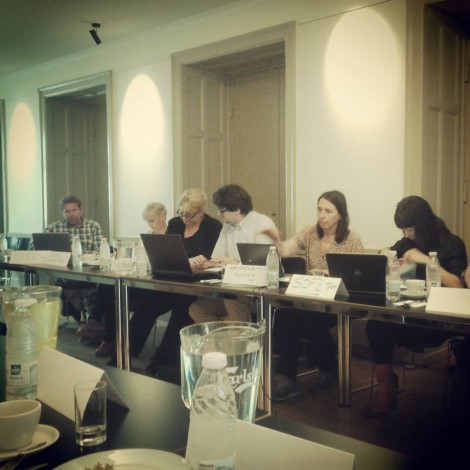
Held on 12th June 2014 at the premises of Arbejdermuseet in Copenhagen, this useful workshop saw the participation of many international attendees and was a good moment of discussion about the Orphan Works and related issues.
Arbejdermuseet is one of the partners of Europeana Photography project, providing 25.000 digitized photos that witness the conditions and everyday life of the workers’ and the labour movement’s history.
Valuable experts were invited for discussing different themes and for driving question and answer sessions. The participants were from the project consortium and also from other organizations such as the National Archives and the National Museum of Denmark, the Danish Film Institute and LFF Foundation.
AGENDA
Welcome with Louise Skyggebjerg, director at The Workers Museum, Copenhagen
Europeana Photography presentation, by Antonella Fresa, Technical Coordinator (PDF, 2,8 Mb)
Speaker 1: Anders Kildsgaard
Anders Kildsgaard is partner at Riemann law firm and advises clients in the media and entertainment industry. He teaches law and ethics on the Master Degree in Cross Media Communication at CopenhagenUniversity and is co-author of a number of books on internet law, intellectual property rights and privacy law issues.
Orphan works
In February 2014 the U.S. Copyright Office came out with a Notice of Inquiry regarding the issue of orphan works and in 2013 the EU Commission passed a new directive on the subject. Anders Kildsgaard will formulate some key notes on orphan works based on the discussions in the US and EU. One of the main topics of the discussion are extended collective licensing laws, which are already established in Denmark, and which allow collective management organizations to license all works within a category regardless of whether the copyright owner is a member of the collective management organization or not. This policy is not established in the U.S., though many academics consider the Google Books Settlement, which is on appeal, as similar to the collective licensing laws in force in the Scandinavian countries.
Speaker 2: Mette Sandbye
Mette Sandbye is associate professor in modern culture studies and head of the Department of Arts and Cultural Studies at CopenhagenUniversity. She is the editor of the first Danish History of Photography and she has published several books and numerous articles on photography. Her current research is about the family photo album in the 1960s and 70s.
Photography’s Other Histories: Amateur photography between private and collective history. From the Kodak heydays to Web 2.0. – and the implications for academic studies
In the now ‘classical’ disciplines of photography history and theory there has been much focus on emphasizing photography as an art form and as a language of semiotically interpretative signs. But what about all the vernacular forms of photography, that does not necessarily fit into aesthetic theory and history? What can they tell us and how do we analyze them? Recently, fields of visual studies and visual anthropology have offered new ways to challenge the theory and the historiography of photography. The aim of this talk is to discuss methodological approaches to the study of family photography inspired by these currents. Why is it interesting to study amateur family photos from the point of view of the academic scholar?
Speaker 3: Thomas Christensen
Thomas Christensen is M.A. in film studies and since 1998 Curator at the Danish Film Institute. He has supervised several full digital restorations and a series of DVD publications. Since 2003 he has been on the FIAF Technical Commission. He has been closely involved in the EU projects European Film Gateway and EFG1914, as well as the current projects Presto4U and FORWARD. Since 2010 he has been Secretary General for the Association des cinémathèques européennes (ACE).
The EU Orphan Works Directive and how it may help cultural heritage institutions unlock heritage and bring it online.
In October 2014 European Union member states will have implemented the orphan works directive, which has been created to bring legal certainty to the online use by non-profit institutions of works in their collections, where no right holder can be located. The EU project FORWARD has been supported to provide best practice for film heritage institutions in the EU, since 20% of film heritage in Europe is thought to be orphan. This presentation is a pragmatic approach to the directive: What are the limitations of the directive? Which types of heritage will typically be relevant to investigate for orphan status? How can non-profit cultural institutions benefit and follow up on the policy agenda that created the directive?






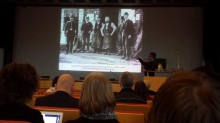
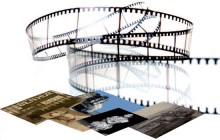
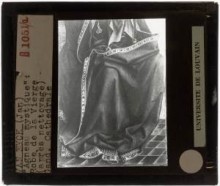
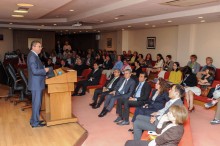
 If you have interesting news and events to point out in the field of digital cultural heritage, we are waiting for your contribution.
If you have interesting news and events to point out in the field of digital cultural heritage, we are waiting for your contribution.
























